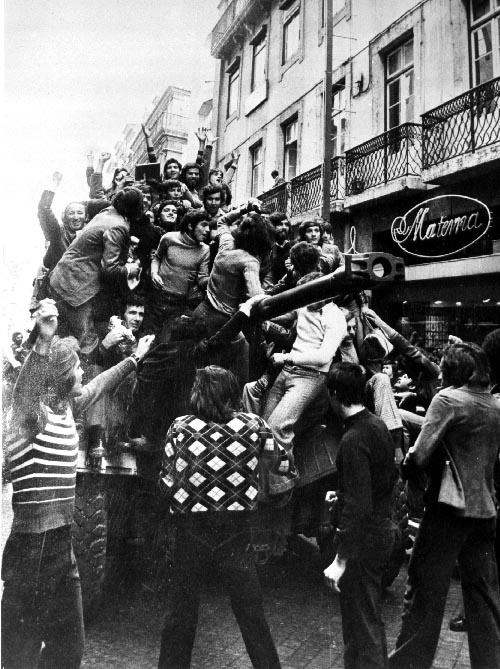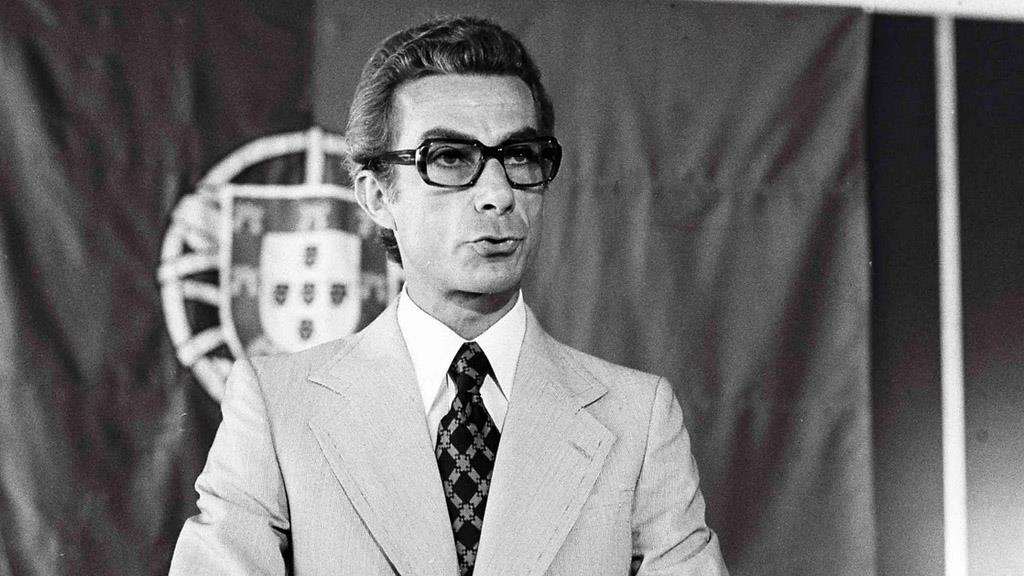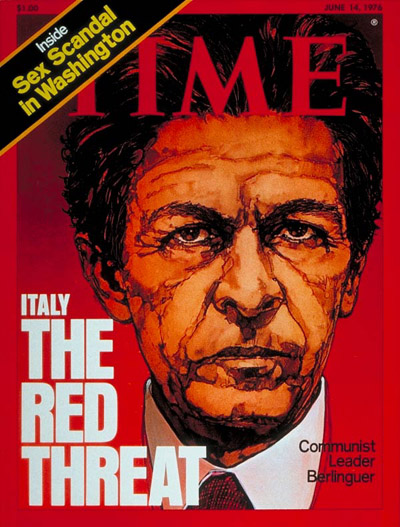I'm honoured! I'm usually not quite this verbose, but I think you bring it out in people.
I might do, it's a dark gift

Very excited to see where this goes, and I generally hope that this is poking at my greatest hope, which is that we'll potentially see another chapter of bumrushing through world politics, hopefully featuring The 20th Century's Least Politically Competent Female Leader and her favourite nazi.
Only the best people. And since the Seventies are one of the high points of TVTropes' "South America Is Full of Nazis" trope, only appropriate. Bloody, messy, profoundly tragic, and inclined to make things that somehow manage to be even worse look better at first because they're not that ... but appropriate.
That along with the interesting situation you've set up in Portugal. Considering how much of an absolute shitshow the Portuguese transition to democracy was in real life, I'd be interested to see how it goes considering that here it appears to be not as much of a coup committed by angry left-wing officers and more of the entire military telling him to fuck off, I'd be fascinated to see how the balance of power plays out, considering we have what appears to be an attempt at a much less actively interventionist American foreign policy establishment (OTL, Otelo Saraiva de Carvalho, my favourite Fidel Castro wannabe, said that he personally believed his biggest mistake during the PREC was underestimating how quickly the Americans can dig their claws in to drag a place in a direction), but also what I assume to be the MFA on a much weaker starting footing. Also, I have been giving some stray thoughts to how McGovern has been affecting Spain, especially in Franco's "Still Dead" years.
Something like OTL's MFA certainly is the main engine of the overthrow and shares most of the same goals as the MFA we know did, but also you're quite right that you have at once (1) a "much less actively interventionist American foreign policy establishment" exactly as you put it (2) but also definitely a broader collection of political groups, power bases, and interests involved in the process from "go." On the one hand some genuine competition (not merely perceived) might focus the MFA more, or at least exert a sort of Darwinian influence on alt!MFA, i.e succeed or get shitcanned, so folks too wrapped up in the fusion of their ego and The Cause and inclined to make rash, poorly thought out decisions - hi, Vasco Goncalves! - may not last even the time they did IOTL. Otelo's a savvier character so with his back a little closer to the actual wall he may play the politics a little more ably - or make an even more decisively doomed charge if the odds are against him. At ground level there's plenty of energy and dynamism on the leftward end of the process (tbf a lot of that vanity fluffing by a whole lineup of Castro-wannabes) but the
actual popular dynamics - e.g. the overall Portuguese population - are a bit different than that - there's a reason PS and PPD got the vote share they did for the constitutional convention and it ain't all CIA ratfucking . But the upshot there is that whatever comes of the post-Caetano transition will be a more distinctively Portuguese creation, as McGovernment listens much less to anticommunist hysterics and watches to see how internal Portuguese dynamics shake out.
In Spain, for the time being at least, things are downright frigid between McGovernment and Madrid - The General (Spanish Version) yet dodders and no one's knocked off Carrero Blanco yet so Spain is a bastion of old-school reaction
circa 1974-75 IMyTL, where the Cypriot Colonels park their slush funds and various unsavory characters who rocked the armband look in their youth go back and forth to Africa or South America. Among other things that means a significant economic/strategic shift as the McGoverners have considerably less interest in keeping up Rota or Torrejon Air Base or the like in those conditions and the Falangists are frankly happy to see the hippie-huggers fuck off. But we'll see where things go with a bit more time.
A couple of photos just because my inner Lusophile likes each of them a bunch. First, thanks to Wikipedia, the very look of an Overseas McGovern Moment in its efflorescence
Especially the "youth who look very much like they could be university students to the fore" of it. But, longer term, the reality that it took tanks in the streets to really get there, even if they're well intentioned tanks as it were, so at some point
realpolitik or at least some more muscular ideologies than youthful romanticism will find a political level.
Then there's this - which is
not to make directly any major claims for his political future IMyTL, rather that it's one of the most "1970s European Politics" photos I've ever seen.
The coiffed-back hair, those huge square frames, and the sheer breadth of the lapels - on point in every way. More than a hint of Aldo Moro about him which considering it's Francisco de Sa Carneiro (apologies for the absent accents, Me No HTML Good) is grimly apt. Of course here at
McGoverning Estates we're mindful of the fact that in the multiple 21st century (OTL) inquests into his tragic plane crash, the putative bombers have said they were working with one of the Watergate burglars...
I'd also be interested to know what the fuck's going on in Southern Africa, considering the collapse of the Portuguese Empire potentially means that Ian Smith's Racism Jamboree Pretending To Be A Country will suddenly have only one ally into oil. Not that The National Party's Racism Jamboree Pretending To Be A Country (And Being Mildly More Convincing) is a less useful secret import method, but I can imagine both regimes start feeling the noose tighten.
Now, one way in which McGovernment is very
much inclined to involve itself in Portugal's post-
Estado Novo transition is in the fate of its more significant overseas territories. There, again, McGovernment's much less swayed by BUT MUH COMMIEZ pearl-clutching and much more focused on the strategic encirclement of the anglophone minority regimes. So too, for example, is the Lib-Lab government's Foreign Secretary in London, the delicately poised Mr. Thorpe, and while other foreign policy/natsec figures in that Cabinet are more cautious he's nevertheless not alone in Cabinet when it comes to those sentiments. On both sides of that struggle - the folks in DC or London and the folks in Pretoria or then-Salisbury - time is the essential variable. No one on either side knows how long the Lib-Lab coalition will last and, more significantly (given that DC could at least influence even a Conservative government on the issue) whether McGovernment will be a one-term wonder they can wait out, or not. So in the near term the liberals (and Liberals) in the US and UK would very much like to use independent ex-Portuguese neighbors to squeeze the anglo-racists. Which means
figuring out how to have reasonably stable relations with them, not actually an entirely easy thing when you have multiple, often ethnically-based, anti-Portuguese movements in competition within both Angola and Mozambique.
I just realised I didn't ask a question during either of these paragraphs. I guess you could see them as stray thoughts to how things have been going across the Atlantic.
You're all good. The questions come out of them as a matter of course. At least some parts or elements of these matters will find their way directly into the chapters - beyond that there's also future "almanac" entries where there's likely to be a bit more granular detail (if we can get another couple or three chapters in I'll put out a complete 1974 for starters, once some spoilery bits no longer are, and we'll proceed on from there.)





